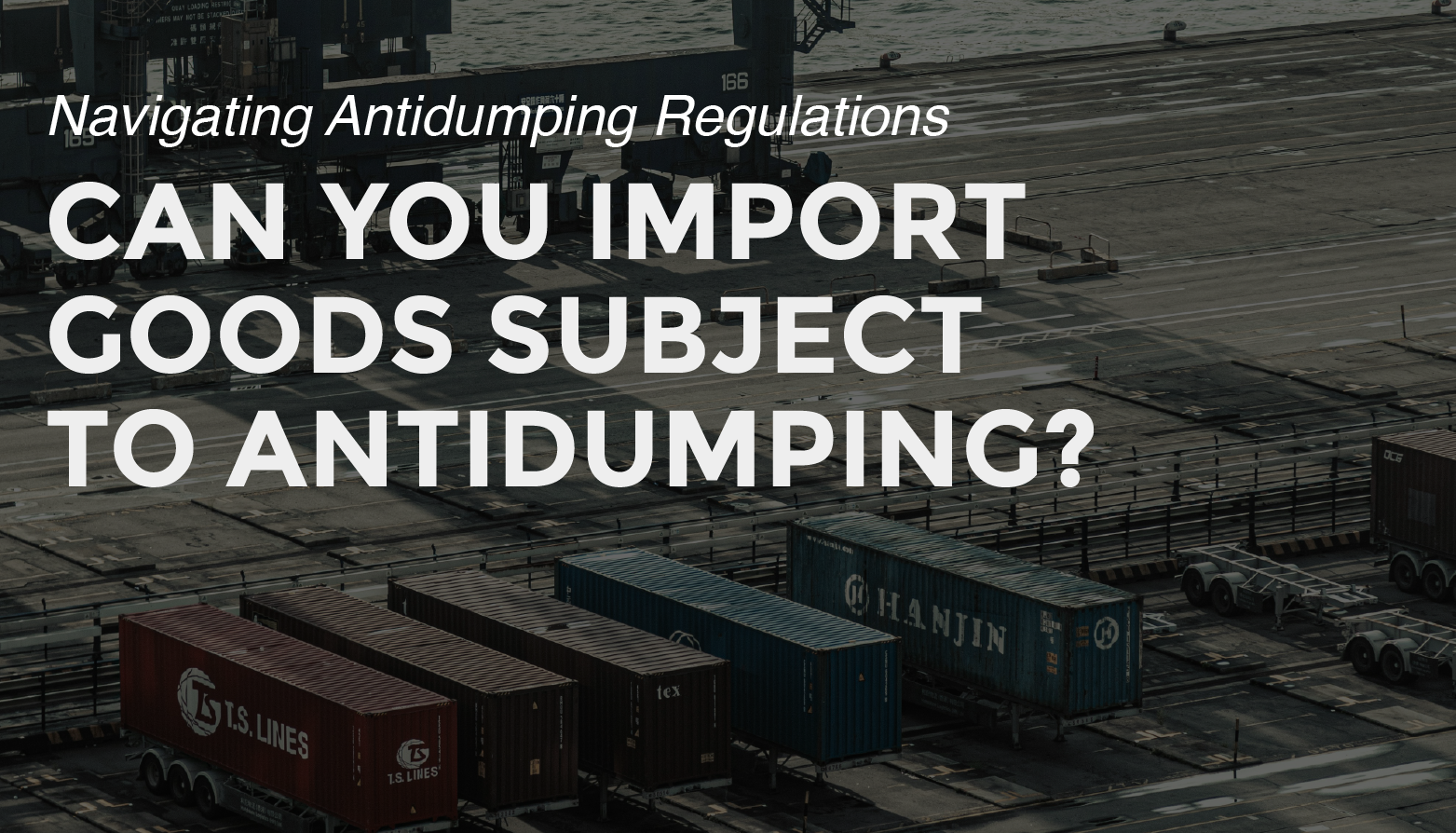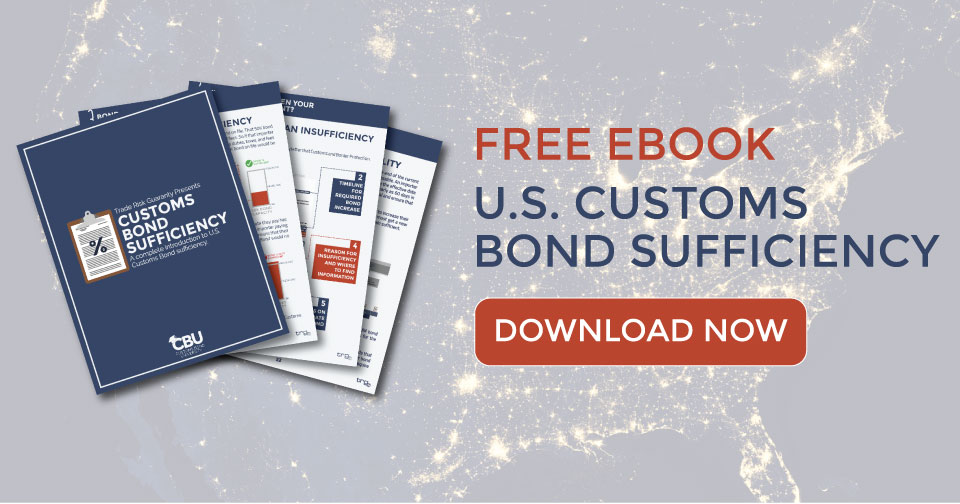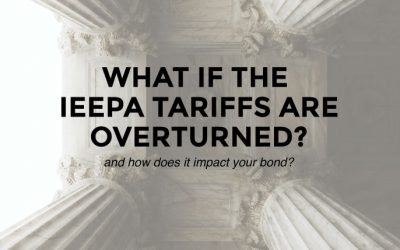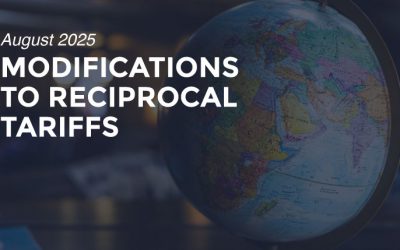It may not be grammatically correct, but many U.S. importers ask us: can you import antidumped products?
In international trade, businesses often grapple with the complexities of antidumping regulations designed to foster fair competition and protect domestic industries. This blog aims to unravel the question’s intricacies: Can you import antidumped products? As we dive into the labyrinth of antidumping and countervailing duty (AD/CVD) laws, it becomes evident that compliance and understanding play pivotal roles in the success of businesses engaged in global trade.
Antidumping Basics
At its core, antidumping refers to selling goods in a foreign market at prices lower than the home market or production costs, thereby causing harm to domestic industries. The Tariff Act of 1930 provides the legal framework for AD/CVD laws in the United States, emphasizing the need for a level playing field in international trade.
Dumping and subsidies both potentially fall under the purview of AD/CVD laws. While dumping involves selling products below fair market value, countervailable subsidies occur when foreign governments financially assist in benefiting the production, manufacture, or export of goods. Recognizing the significance of these practices, the U.S. Department of Commerce and the ITC work in tandem to investigate and address potential violations.
Filing an Antidumping or Countervailing Duty Petition
One of the pivotal aspects of AD/CVD laws is filing a petition. Any domestic party, including manufacturers, trade associations, or unions within the industry affected, can file a petition seeking relief from unfairly traded imports. The petition must demonstrate sufficient support from the domestic industry and provide evidence of injury caused by dumping or unfair subsidization.
Can You Import Antidumped Products?
The answer lies in the outcome of AD/CVD investigations. Suppose the U.S. Department of Commerce and the International Trade Commission affirmatively determine that dumping or subsidization has caused material injury to the domestic industry. In that case, specific duties are imposed on the imported products. These duties serve as a countermeasure to offset the unfair pricing or subsidies, ensuring fair competition in the market.
Navigating the Administrative Review Process
Once an AD/CVD order is in effect, the administrative review process comes into play. This annual review determines the amount of duties to be paid on entries of a particular product subject to an AD/CVD order. Interested parties, including domestic producers, foreign governments, exporters, and importers, can request an administrative review.
The review involves assessing the dumping margin or countervailable subsidy rate for entries during a specific period. Upon completion, the new cash deposit rate for future entries is established. This process aims to adapt duties to reflect the current economic landscape and prevent potential circumvention of established orders
Learn more about the timeline of an Antidumping and Countervailing Investigation.
Circumvention and Its Consequences
Circumvention poses a significant challenge to the effectiveness of AD/CVD orders. Whether through completing assembly in the U.S., utilizing third-party countries, or making minor alterations, circumventing established orders undermines the integrity of the regulatory framework. If Commerce determines that a product is circumventing an AD/CVD order, it falls within the scope of the order, and duties are imposed on such imports.
Compliance in International Trade
Whether you can import antidumped products is intrinsically tied to the adherence to AD/CVD regulations. Businesses engaging in international trade must be vigilant about compliance and understand the implications of antidumping laws on their operations. Navigating this complex landscape requires a proactive approach, staying informed about regulation changes, and seeking expert guidance to ensure fair trade practices and sustainable global Commerce.
What Are Antidumping and Countervailing Duties?
Watch the following video for a brief explanation of antidumping and countervailing.
Did you like that video? Subscribe to our YouTube Channel to explore more informative videos on international trade topics.







![[Webinar] How Could Changes to De Minimis Impact Your Company?](https://traderiskguaranty.com/trgpeak/wp-content/uploads/2025/05/trg-how-de-minimis-impacts-customs-bond-webinar-400x250.png)